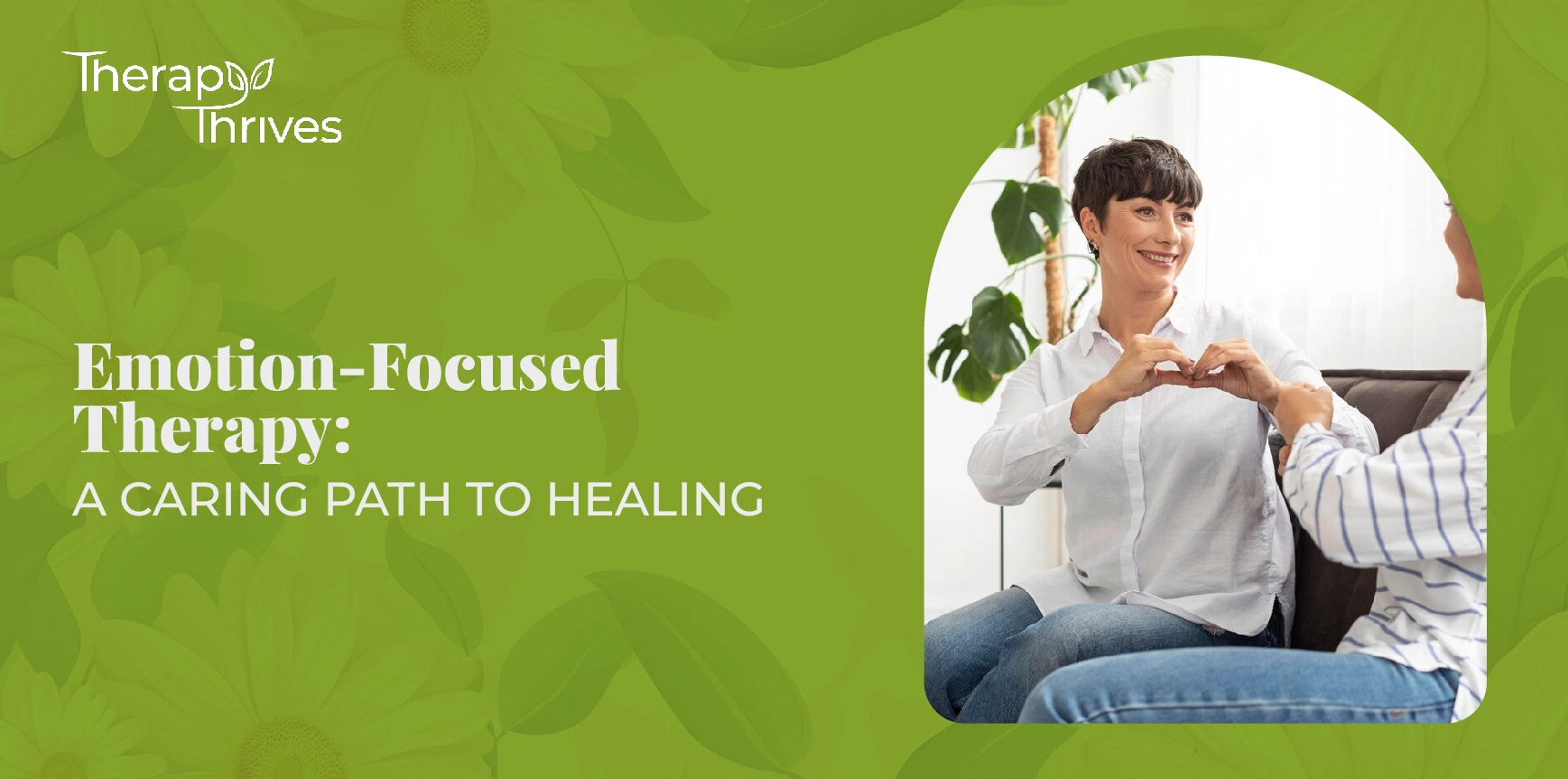Have you ever been told to “just get over it” or “stop being so emotional?” If you’re like most people, this advice probably didn’t help much. In fact, they might have made you feel more misunderstood or disconnected. That’s where Emotion-Focused Therapy (EFT) is helpful. It is a way of therapy that cares about emotions, because, let’s be honest, emotions are strong. They affect our perceptions, actions, and relationships with people. However, when emotions get hanged or unexpressed, they become stressful, worrisome, and problematic for relationships.
Let’s explore the idea of Emotion-Focused Therapy, how it functions, and how it can enhance your life especially when you are dealing with personal struggles, relationship issues, or perhaps seeking a better understanding of yourself.
What is Emotion-Focused Therapy?

Emotional-focused therapy basically says, “Hey, your feelings matter.” It does not shy away from the emotional experience, with or without joy, sadness, anger, or fear. The therapy is more focused on listening to your feelings and understanding where they come from and how you can express them more.
Dr. Les Greenberg and Dr. Sue Johnson researched and developed EFT in the late 1980s. Unlike other forms of therapy, EFT focuses on teaching individuals how to control their emotions rather than helping them understand or change them. If you have ever felt overwhelmed by emotions, EFT could be the key to becoming aware of oneself and productively using one’s emotions.
The Purpose of Emotion-Focused Therapy

The purpose of EFT is readily understood, it helps you feel stronger about your emotions. Many people grow up hearing that they should control, hide, or ignore their feelings. “Don’t cry,” “Don’t be angry,” “Calm down.” But what if we could learn to show those feelings in healthy and helpful ways instead?
That’s the main idea of EFT. It doesn’t tell you to get rid of your emotions; instead, it helps you see them, deal with them, and show them in ways that improve your mental and emotional health. For couples, EFT can help partners feel listened to and understood, which builds closeness and a stronger bond. For individuals, it’s a way to understand your feelings better and heal personally.
How does Emotion-Focused Therapy work?

EFT is basically a provision of a therapeutic relationship aiming to let people understand and process their emotions much better. It is utilized as a mode of working with an individual, couple, and sometimes with a family to promote awareness, expression, and transformation. Here’s the nuts and bolts: Generally, it goes something like this.
Make a Safe Space
The first step in EFT is to create a safe space where you can observe your feelings without judgment. That is of great importance since many people fear finding or how others would view their feelings.
Finding Basic Emotions
You think you are angry, but beneath that anger lies sadness or pain. EFT assists you in searching for deeper emotions that perhaps you are not even holding onto in the first place.
Exploring Emotional Responses
Once the predominant emotions are identified, EFT helps to trace how one responds to them. Do you bottle the emotions up? Do you get angry? EFT helps to see these patterns and change your emotional responses to the healthier route.
Change How You Feel
This is the crucial part. EFT teaches you to work and share your feelings with results that are beneficial; for example, talking with a partner or learning how to cope with challenging times.
Bringing It to Life
The overall purpose of the EFT is to help you apply everything you’ve learned in everyday life. This means being emotionally strong and healthily articulating yourself are now part of your daily routine.
How Emotion-Focused Therapy Helps Heal Feelings

The power of EFT is in how it guides you to embrace and process your emotions, rather than resist or suppress them. EFT helps people build themselves emotionally. It asks you to feel your emotions rather than run away from them, making it easier to handle hard emotions related to anxiety or depression in a better way. EFT can also be a good tool for personal growth and can connect you with your real self and match your core values.
EFT is very helpful for couples. Through this therapy, a person who has ever felt misunderstood or not close to the partner would know how to pay attention to each other’s feelings. It focuses on building up empathy and understanding levels so that you can talk better, solve problems, and regain trust.
EFT Supports Youth’s Emotional Difficulties
This is not just for adults. Kids can also learn how to manage their emotions in a good way. A little kid gets angry, or the teenager feels stressed at school, and EFT enables them to understand and express their feelings instead of behaving poorly or becoming silent.
EFT uses the right activities, such as play therapy or guided exercises, whereby children can understand their emotions in a much better way-thus impacting them for the rest of their lives. EFT can also help parents better connect with their children’s emotional needs.
Impact on Couple Relationships

If you feel like your relationships are getting stuck in misunderstandings and seem too far apart, then you may need EFT. Most problems happen in a relationship due to either unmet emotional needs or poor communication, and EFT offers a way of correcting that.
EFT helps couples understand each other’s feelings, share their vulnerable emotions, and develop empathy. When partners learn to express their feelings more openly, it creates a stronger connection and more closeness. Whether you are having a tough time or just want to make your bond stronger, EFT can help you both feel more acknowledged, listened to, and supported.
Effect on Individuals’ Self-Discovery
For individuals, EFT unveils a personal process of self-discovery and self-growth. It asks you to listen to your own heart and encourages awareness about any patterns that cause or are responsible for the processes in your feelings. So many of us are unaware of the emotional patterns that govern our actions, which sometimes hold us into patterns of feeling trapped, anxious, or overwhelmed.
EFT frees you from deep-rooted patterns, making room for the development of emotional self-consciousness and ensuring more effective management of stress, fear, or sadness. It is indeed like learning a new language that helps one understand oneself and everyone else much better.
The Good and Bad of Emotion-Focused Therapy
Pros
- EFT enables individuals to take control of their emotions, strengthening their ability to handle stress.
- It is particularly helpful for couples, strengthening emotional bonds and communication.
- EFT focuses on profound emotions that lead to deeper and lasting changes.
Cons
- EFT can evoke some really strong emotions that may catch people off guard.
- The process can take time, especially when dealing with deep emotional wounds.
- People who have been hurt feel more vulnerable when they need to open up.
Final Words
Where the world sculpts in our ear, “keep it together,” “stay strong,” and so on, Emotion-Focused Therapy provides a different way of thinking: when you feel an emotion, do not hide or escape from it, but understand and accept it. In healing what has hurt you, improving your relationships, or getting a better sense of who you are, EFT can help you connect more deeply with your feelings and with others. With EFT, you can unlock that doorway into deep emotional changes in your life if you want to embrace your emotions and go on a path of discovering yourself.

